Democratic Virginia Senator Mark Warner, the Chairman of the Senate Intelligence Committee, has sounded an alarm over the United States’ readiness to combat foreign interference in the upcoming 2024 elections. His concerns highlight a perceived backslide from the preparedness level the country had achieved in 2020 under the Trump Administration, raising questions about the nation’s ability to safeguard its electoral process. In the wake of the 2020 election, where a significant branch of the Republican party called into question the election results, electoral integrity is an important component of ensuring civil peace in the days following November’s election.
The State of Election Security

During a speech at a Cybersecurity Summit this month, Warner expressed his apprehension, specifically pointing to the diminished capacity of the federal government to counteract the efforts of foreign entities aimed at disrupting the U.S. election process. This comes despite nearly a decade of concerted efforts to fortify election security following the revelation of Russia’s interference in the 2016 presidential race.
Focus on Russian Threats
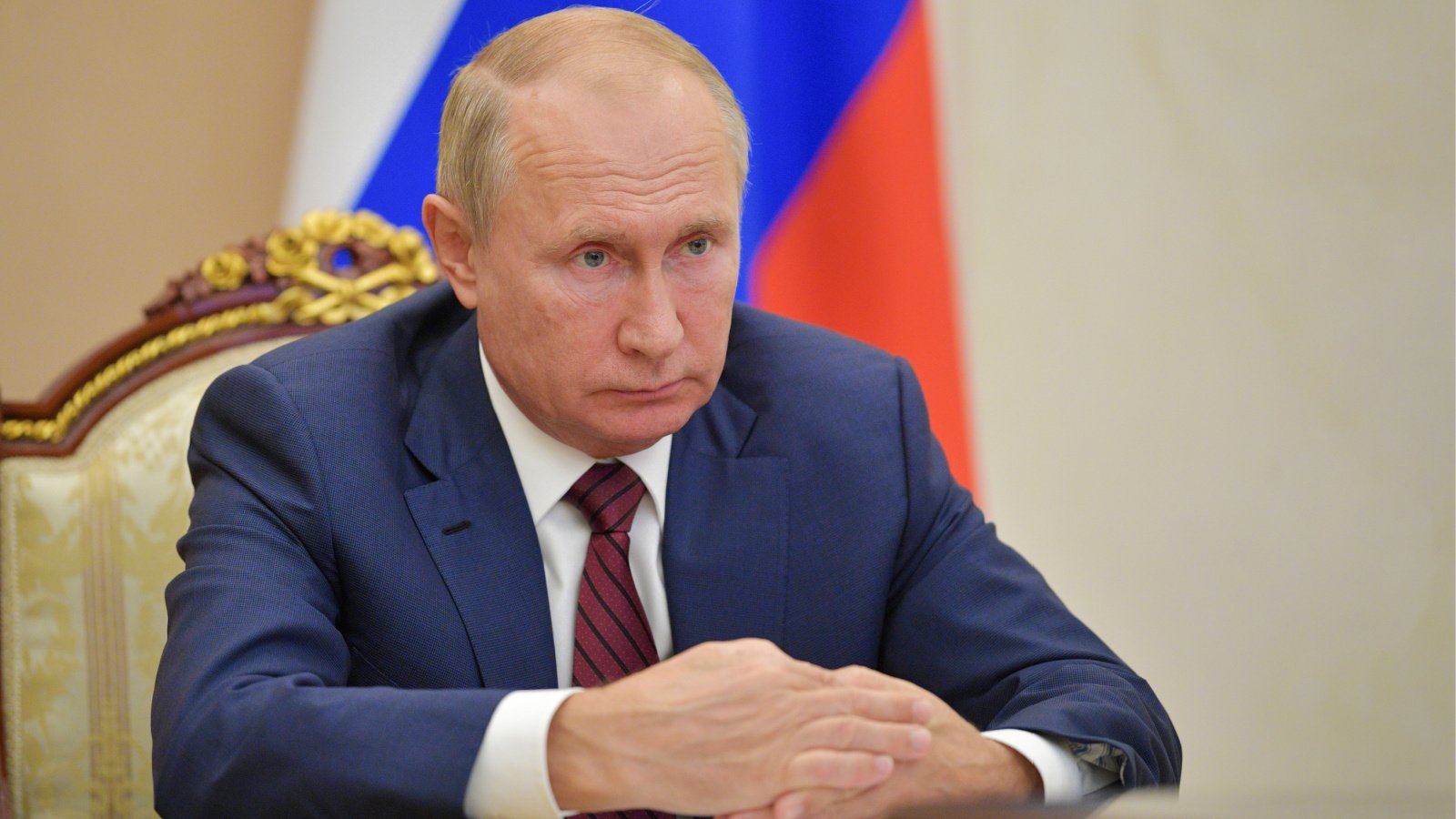
A significant part of Warner’s concern revolves around the threats emanating from Russia. He underscored the cost-effectiveness of Russia in meddling with the U.S. elections to sow discord, compared to the expenses involved in military enhancements. Warner’s remarks underscore the ongoing and evolving nature of these threats.
Skepticism and Concern
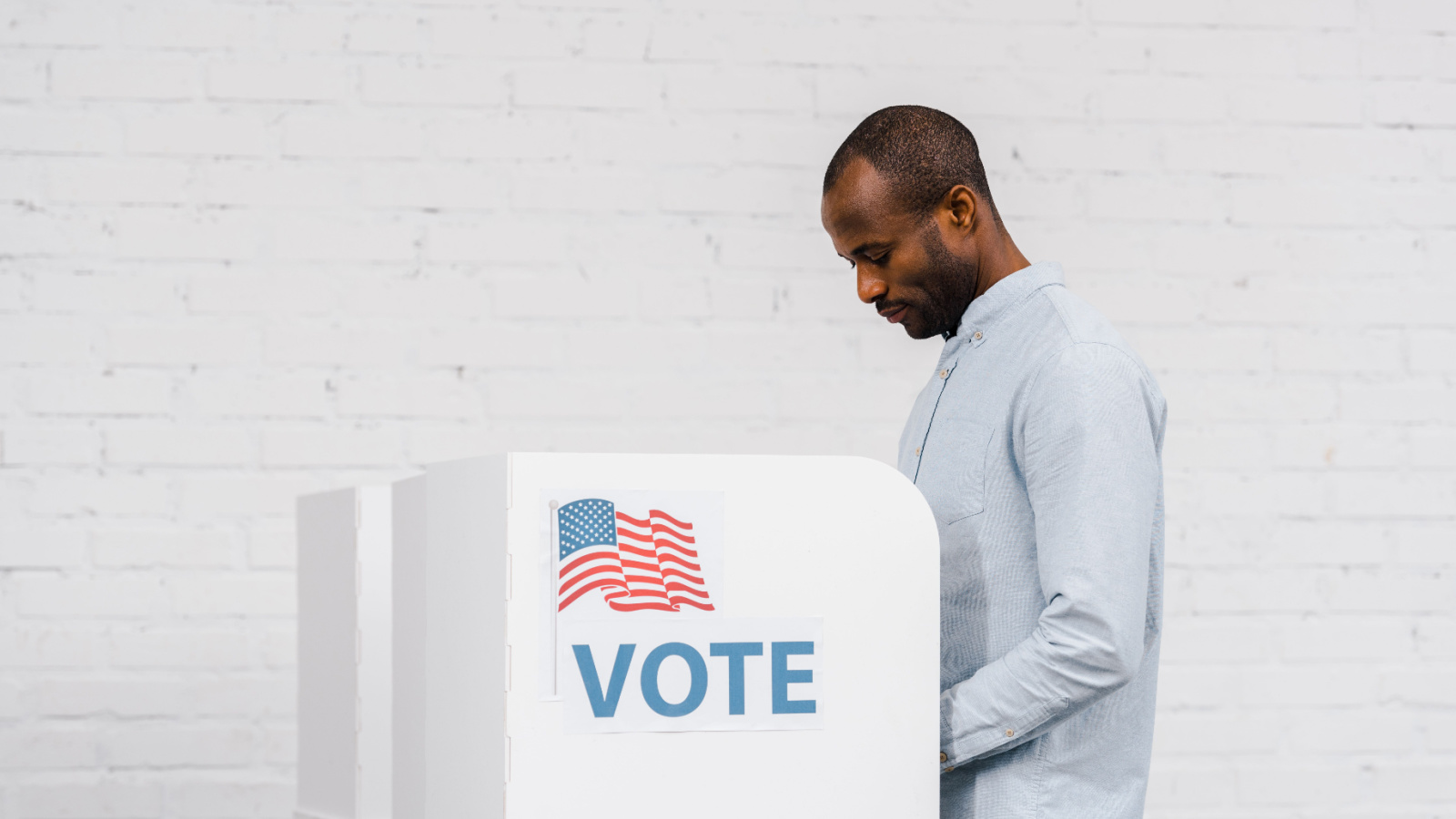
Warner criticized those who downplay or dismiss the likelihood of Russian interference in U.S. elections. He challenged the sources of their information, implying that evidence of such interference is clear and ongoing. His comments reflect a broader anxiety about the underestimation of foreign threats to the democratic process.
Social Media’s Role

The Senator pointed to a significant hurdle in the fight against election interference: the lack of threat information sharing by social media platforms with the federal government. He attributed this gap in part to a legal battle over whether the Cybersecurity and Infrastructure Security Agency (CISA) infringed on the First Amendment by coordinating with these platforms to flag disinformation.
Legal Challenges and AI Threats

Warner highlighted the complex challenges faced, including the impact of artificial intelligence in creating sophisticated disinformation campaigns. He lamented the Supreme Court’s review of the case against CISA, which has led to a communication blackout between national security agencies and social media companies since the previous summer.
A Call for Bipartisan Action
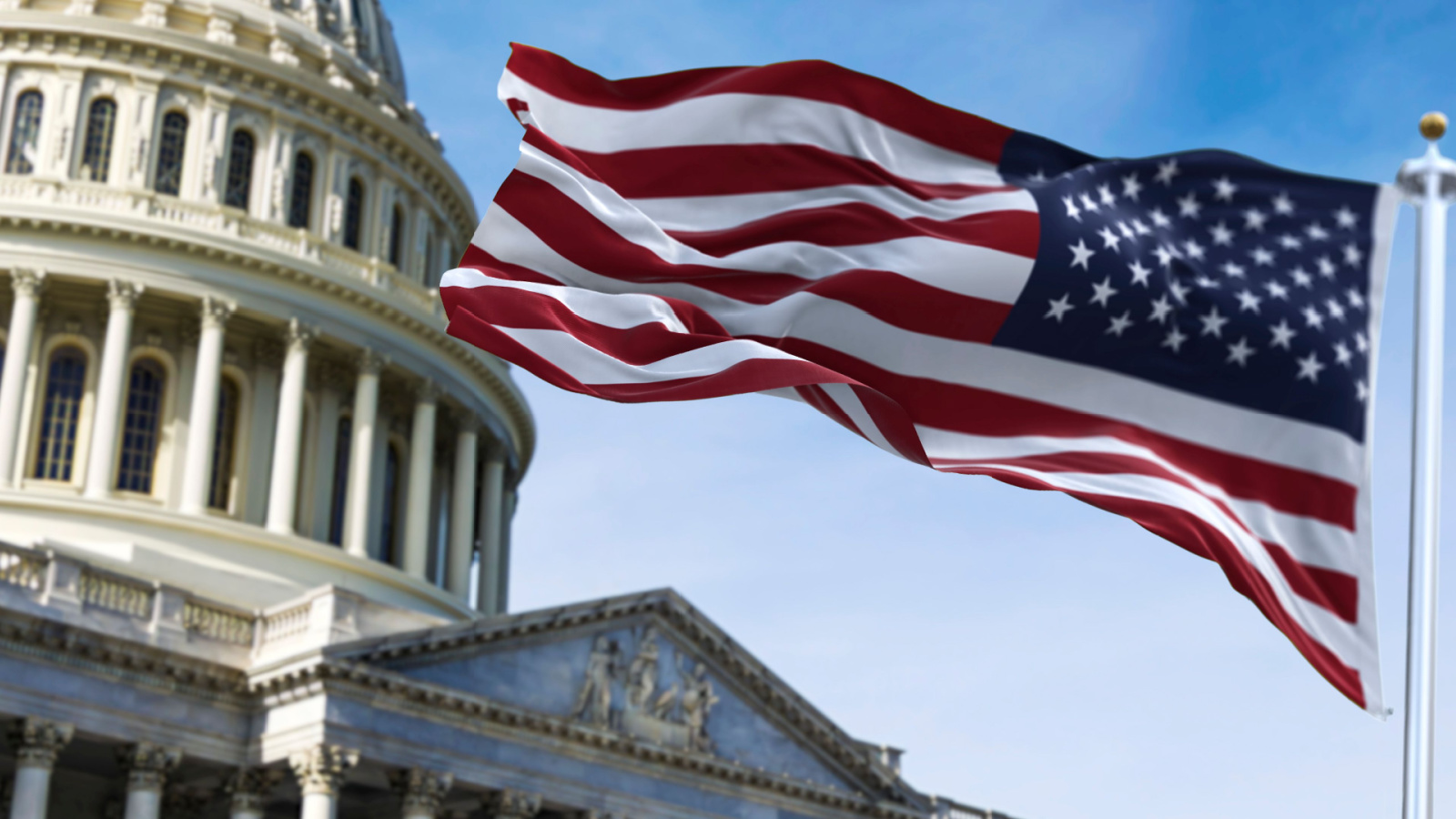
In light of these challenges, Warner called on members of Congress from both parties to recognize the gravity of the situation and work together to address the vulnerabilities in the nation’s election security. He stressed the importance of bipartisan cooperation in combating foreign interference.
Comparing Administrations
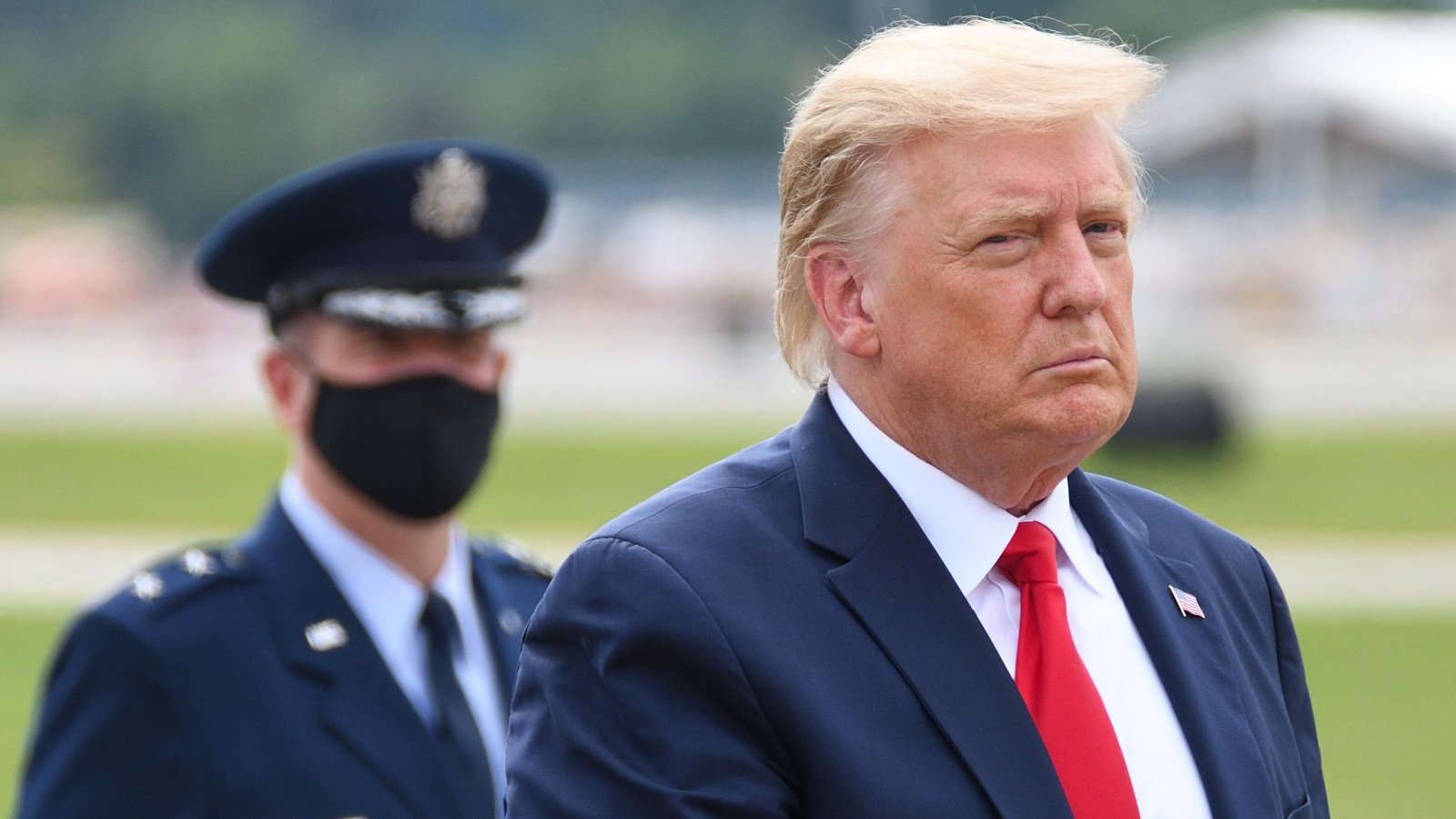
Reflecting on the current administration’s efforts compared to those under former President Donald Trump, Warner suggested that the previous administration was more effectively aligned to counter such interference, highlighting the detrimental impact of the ongoing legal and technological challenges.
White House Concerns
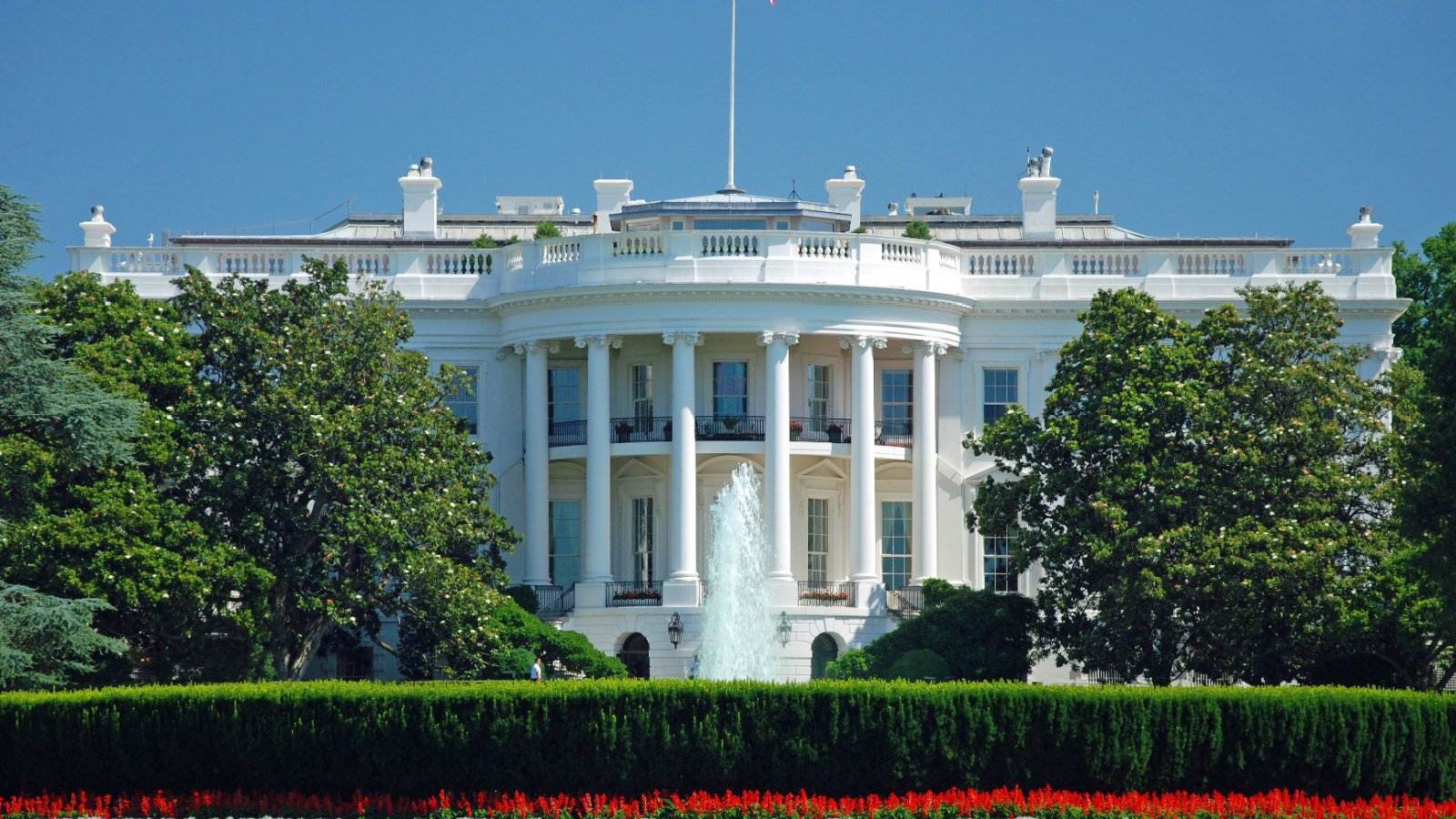
The article also notes recent comments from White House National Security Adviser Jake Sullivan, who acknowledged worries about Russian interference in the upcoming elections on NBC News’ “Meet the Press.” Sullivan’s remarks indicate the administration’s awareness of the threats and its intent to work with Congress on this issue.
Confidence in Election Security

Despite these concerns, some members of the administration, including CISA Director Jen Easterly, have publicly expressed confidence in the security of this year’s elections. This confidence contrasts with Warner’s warnings, illustrating a spectrum of perspectives within the government on the issue.
The Global Context
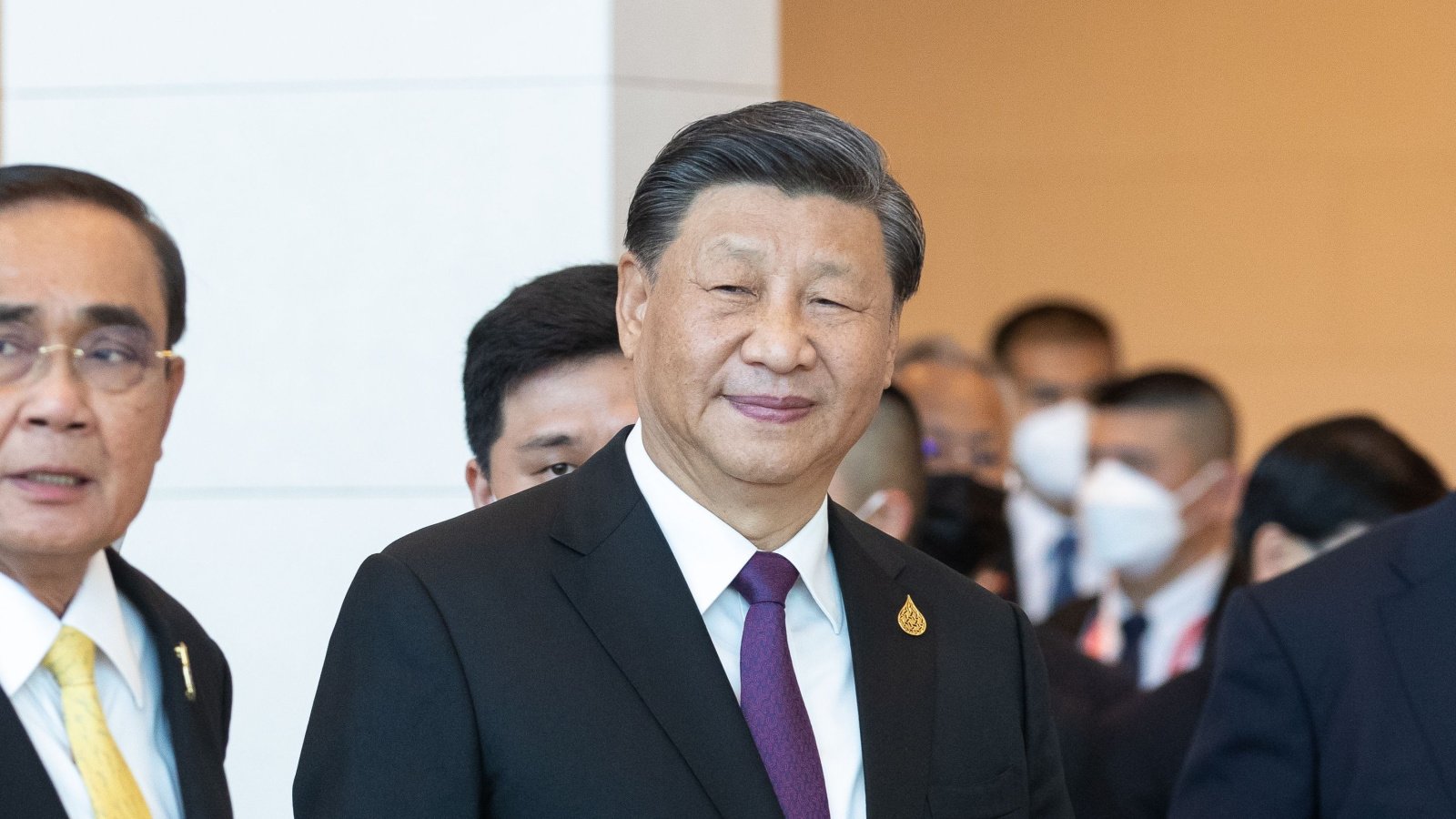
Warner expanded his concern beyond Russia, pointing to the broader geopolitical tensions involving the U.S., the Middle East, and China. He suggested that these tensions could motivate additional foreign entities to interfere in U.S. elections, further complicating the threat landscape.
Public Awareness

The Senator criticized the lack of public awareness about the seriousness of the threat to election security. He urged for increased public engagement and understanding, emphasizing the need for the American public to prioritize this issue.
The Evolution of Election Interference
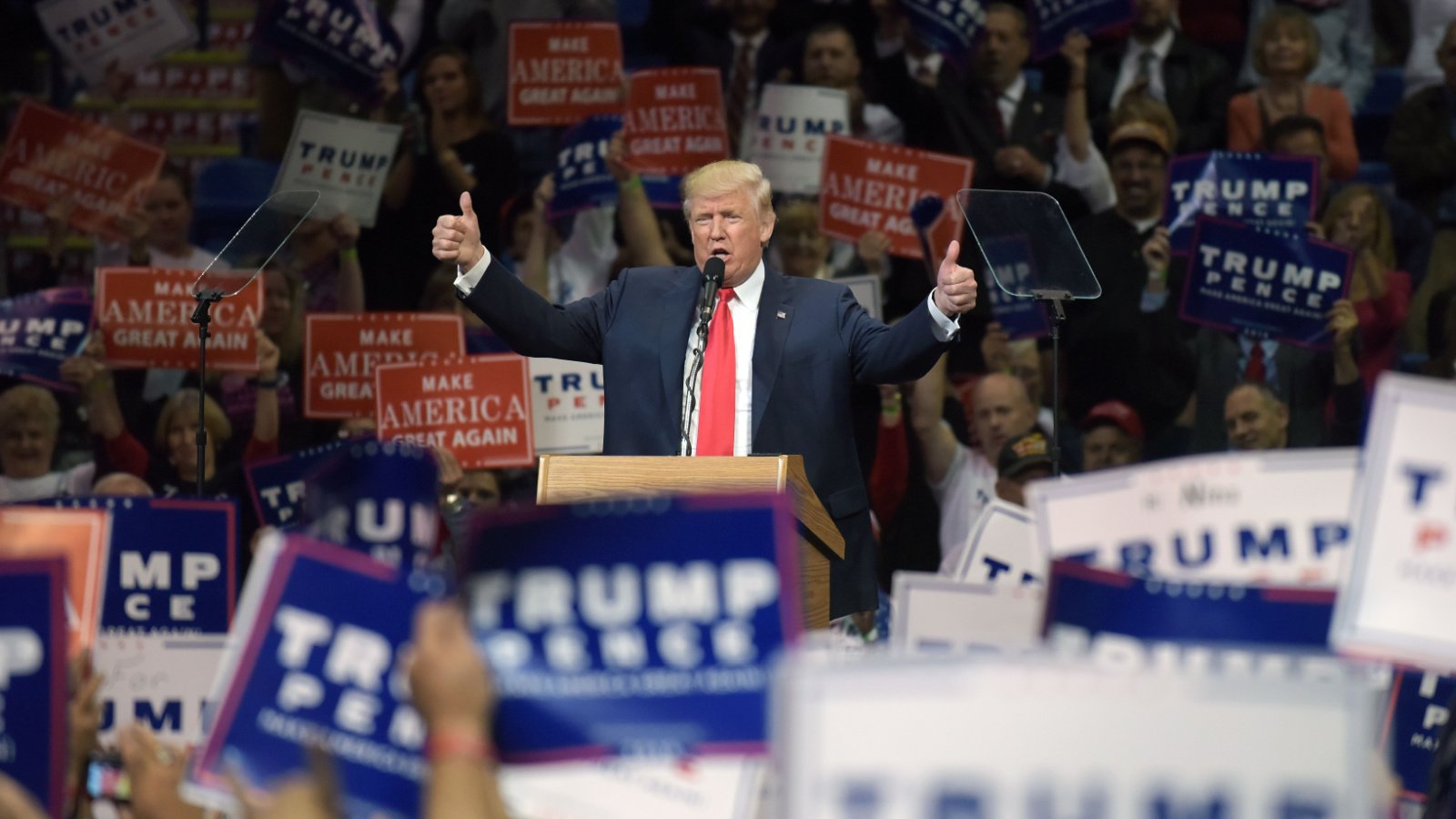
Reflecting on past interference efforts, Warner argued that the methods used in 2016 might now seem primitive compared to the sophisticated tactics likely to be employed in future campaigns. This evolution of interference tactics represents a significant concern for U.S. election security.
Moving Forward

As the 2024 elections approach, Warner’s warnings serve as a stark reminder of the persistent and evolving threats to the integrity of the U.S. electoral process. His call to action underscores the urgent need for a unified and robust response to safeguard democracy against foreign interference.



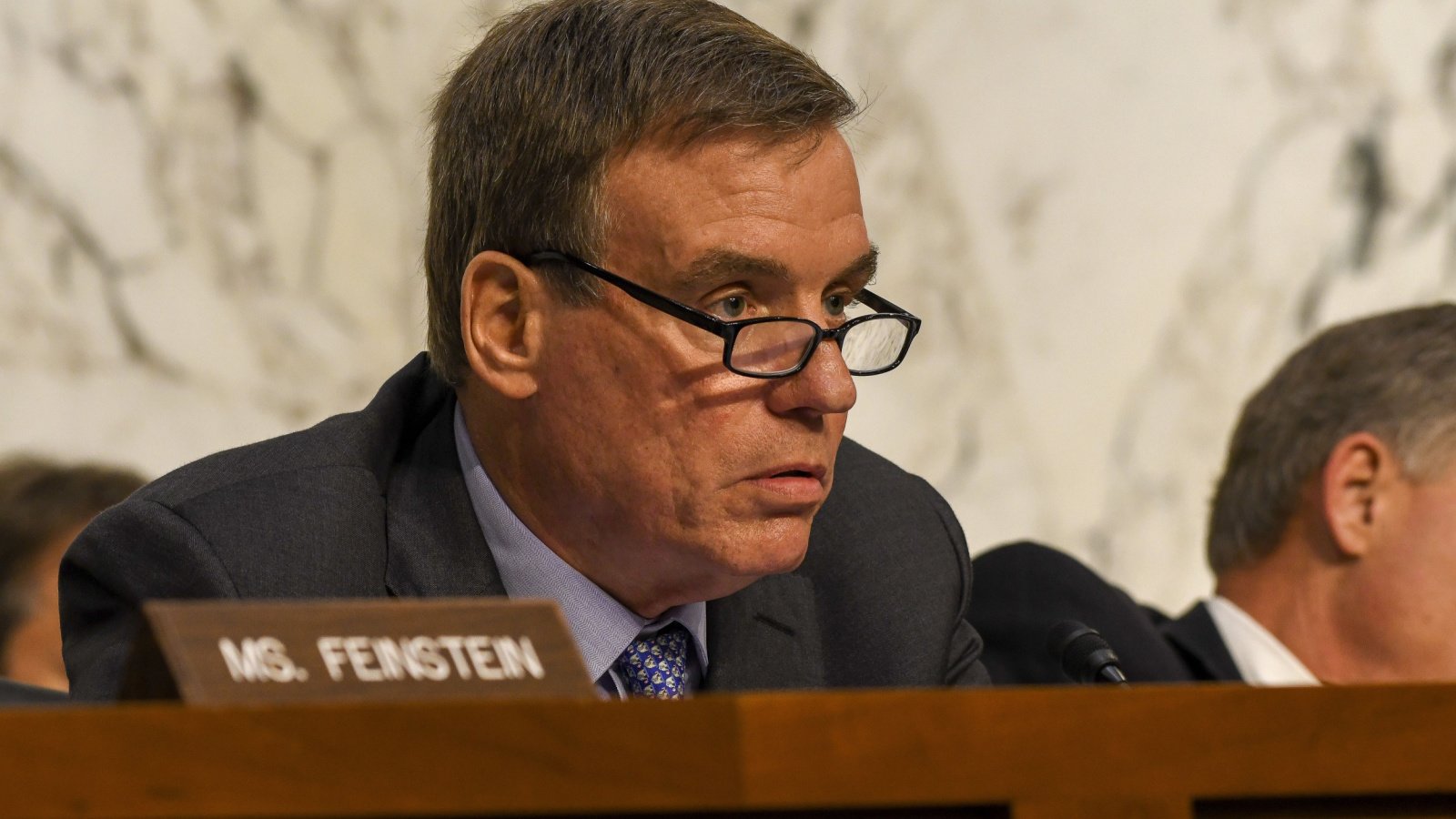


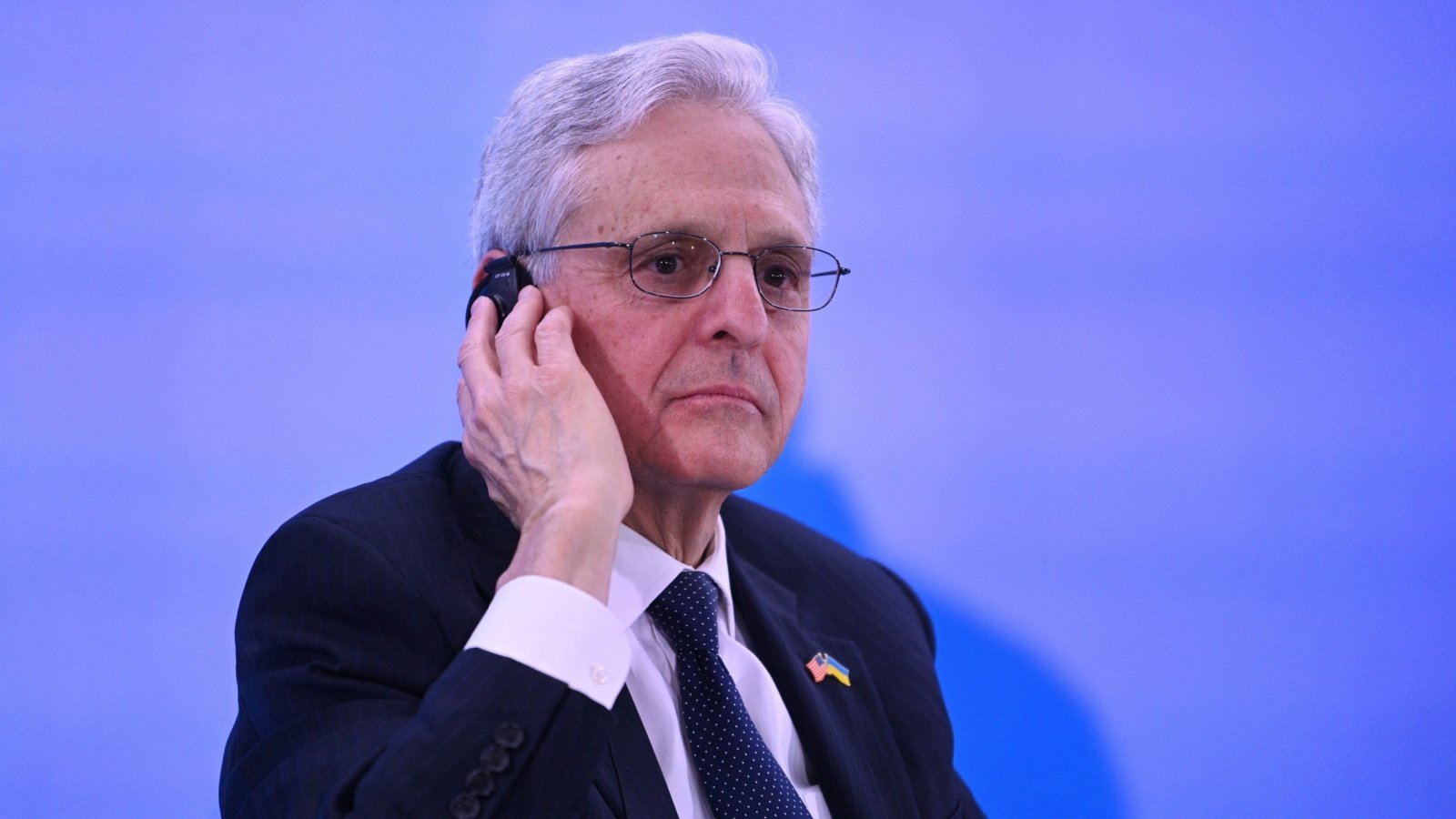

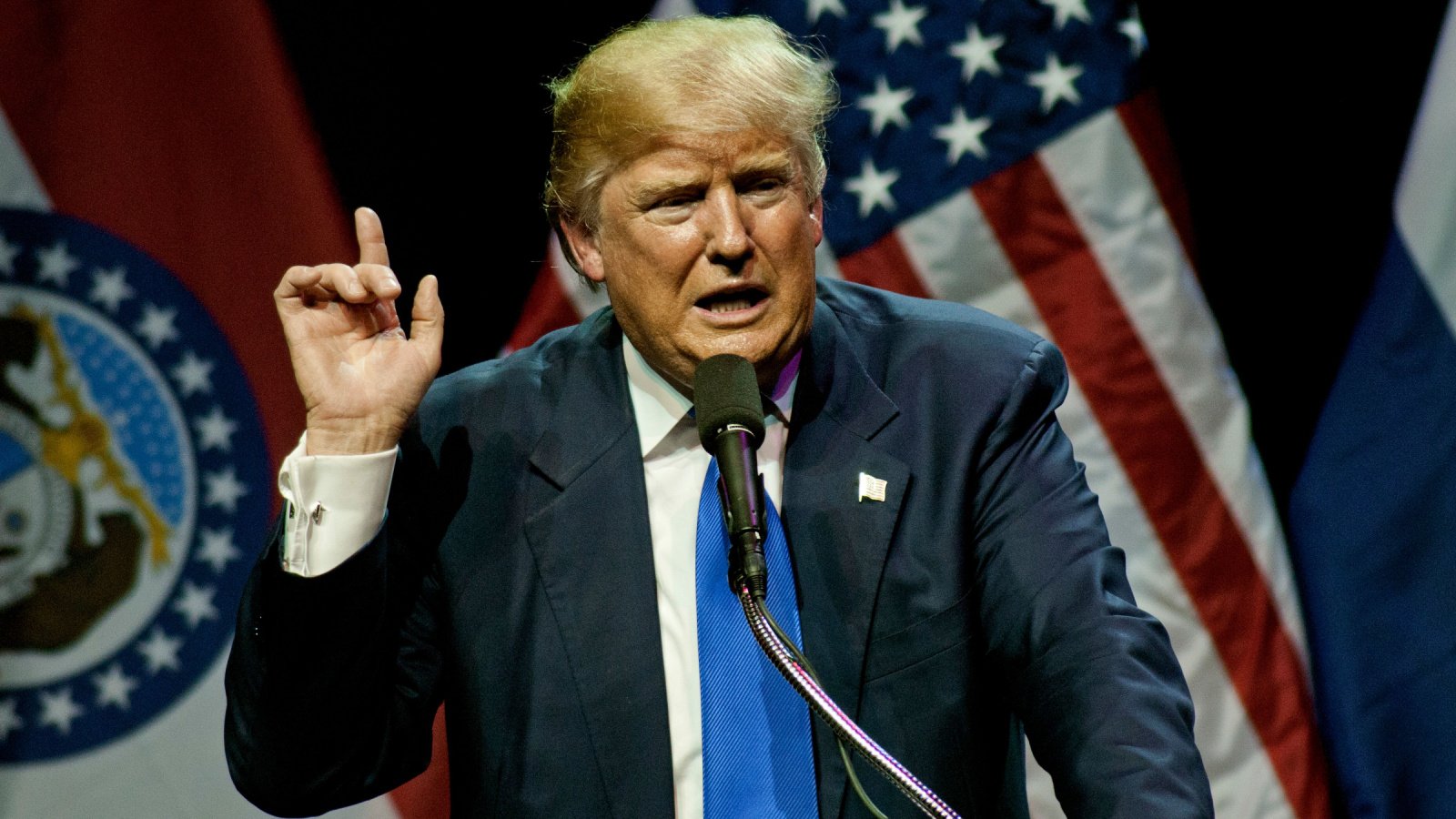
WhatsApp web’ https://www.ws-kqm-whatsapp.com Use WhatsApp Web for secure document sharing. . Date: 2026-01-14 00:46:16 (-03).
Awesome post! Join the fun at https://www.web-zjj-whatsapp.com WhatsApp 网页版支持多用户同时在线,使团队协作变得更加高效。 . Date: 2026-01-14 16:27:13 (-03).